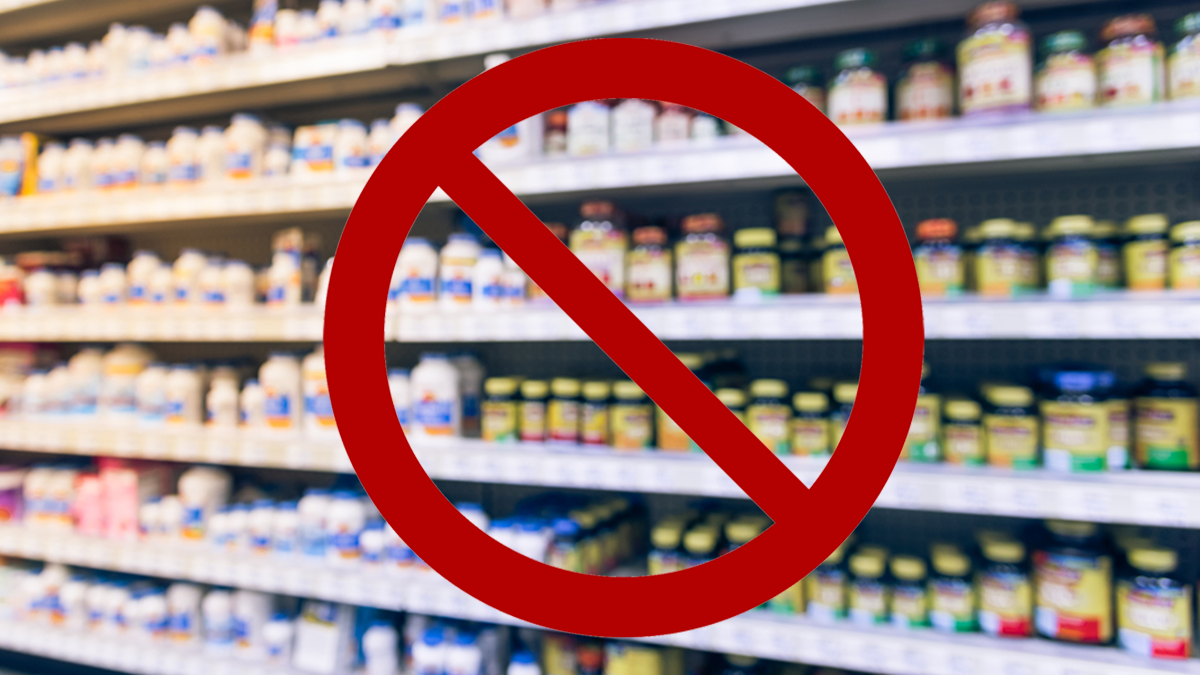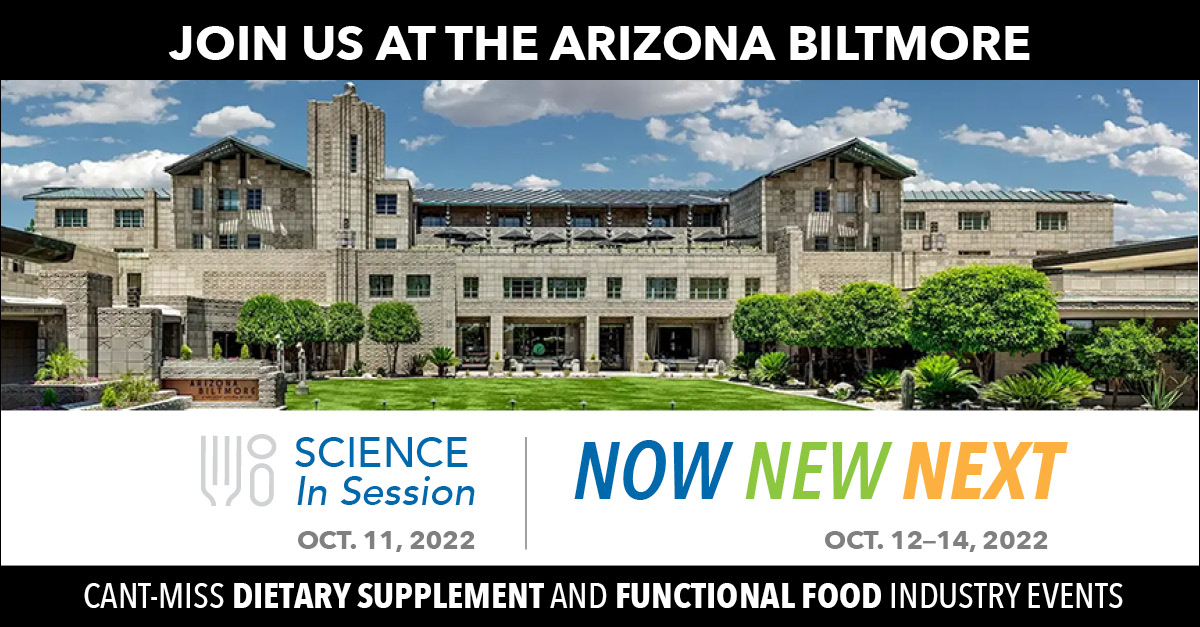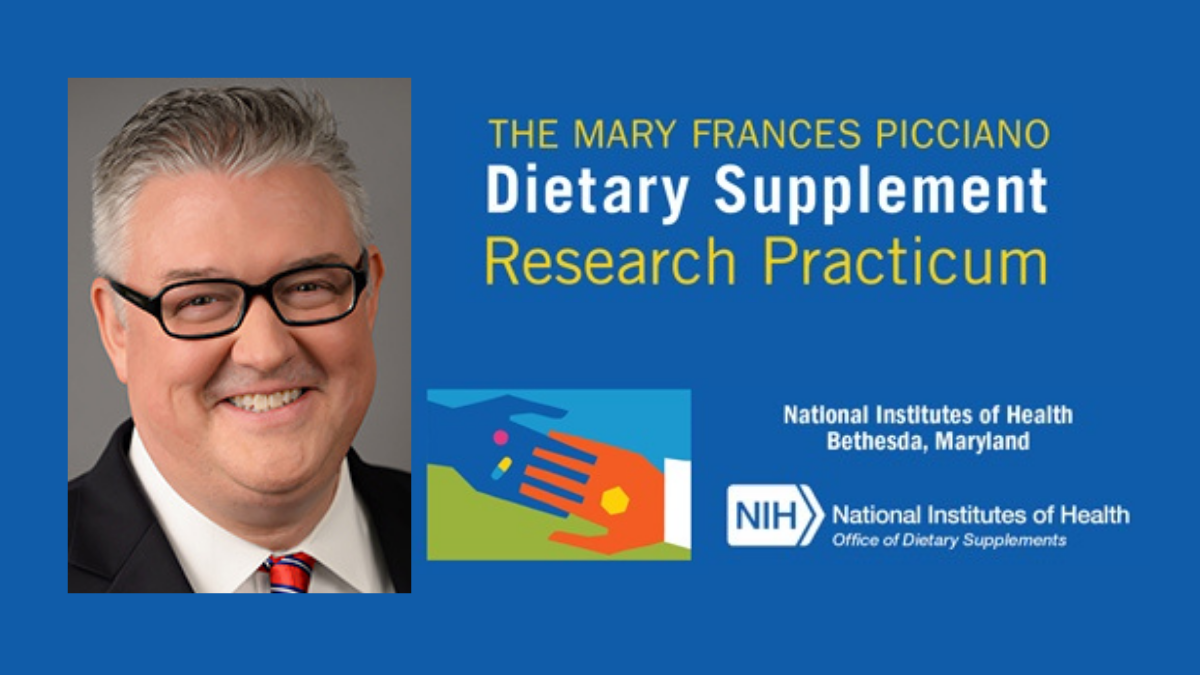2022’s second quarter was packed with activity and collaboration among CRN’s cross-functional teams to:
- Address legislative, regulatory, and communications challenges;
- Promote science in support of the dietary supplement and functional food marketplace; and
- Foster education, problem solving, collegiality and networking among our members.
Some examples of how CRN worked for you in Q2 include:
Continued negotiations on MPL
Q2 began with the formal introduction of mandatory product listing (MPL) legislation in the senate with S 4090, the Dietary Supplement Listing Act of 2022. The Senate bill’s introduction was a celebrated step in CRN’s strategy to promote an MPL regime that will benefit the dietary supplement industry as well as consumers, retailers, and FDA. CRN held a town hall meeting to educate members on the details of the proposed legislation.
In June, CRN objected to missing protections for supplement marketers when new MPL language was included in the in FDA Safety and Landmark Advancements Act. CRN’s government relations team continues negotiations on Capitol Hill and remains steadfast to secure responsible MPL for dietary supplements. CRN’s board of directors gave direction during its June 16 meeting that CRN should only support legislation includes the key protections.

Responding to FDA on NDIs, drug preclusion, and enforcement
In response to FDA’s most recent draft guidance that offers “amnesty” for new dietary ingredient (NDI) notifications, CRN called out the agency on failure to develop an authoritative list of grandfathered ingredients—or to accept as authoritative—the well-documented lists developed by the industry. Too many unanswered questions remain on NDIs—and too little consequential enforcement by FDA—for the promise of amnesty for unfiled notifications to have a meaningful effect. CRN is submitting comments on the agency’s most recent draft guidance questioning whether the proposed action would actually lead to increased NDI submissions.
On n-acetyl-cysteine (NAC), CRN disagreed with FDA’s overly expansive interpretation of the drug preclusion provision. CRN noted the retroactive application of the clause is misplaced and sets a dangerous precedent for the agency to remove other lawful dietary ingredients from the market based on assertions of pre-1994 drug approvals or clinical investigations. CRN contacted retailers to alert them to FDA’s promise of enforcement discretion to allow NAC products to return to the market.
Protecting proprietary blends while responsibly labeling
CRN published a new self-regulatory document, "Regulatory Responsibilities and Best Practices for Proprietary Blends," to promote responsible labeling of proprietary blends to ensure consumers are not misled about the quantity of individual ingredients. The new program offers recommendations to industry for best practices while observing the regulatory requirements for these products.
Fighting age restrictions in the states
CRN succeeded in holding back state legislation that would have imposed onerous restrictions on supplements in Rhode Island. The government relations team continues to work to narrow the scope of remaining troublesome bills in play and to remove their most burdensome aspects, such as behind-the-counter requirements. CRN continues to monitor active bills in California, Massachusetts, and New Jersey and New York.

Promoting ‘the science behind the supplements’ and its role in policymaking
CRN commissioned and published a review paper on the safety of popular weight-management supplement ingredients. The article responds to unfounded concerns about the safety of these products and can be shared with stakeholders, including state legislators to bolster their opposition to proposals to place age restrictions on these ingredients.

Proceedings from the CRN-International 2021 symposium, Women’s Health: Optimal Nutrition Throughout the Lifecycle, were published in the Journal of European Nutrition. The authors expressed concern that existing women’s health nutrition policy is falling short, pointing to programs that focus more on delivering calories than achieving optimal nutrition as an example. They provided recommendations for improvement of current entitlement programs to support women properly throughout the lifecycle.
CRN’s Senior Scientific Advisory Council hosted its second Toxicology Workshop—Assessing the Safety of Ingredients in a Formulation. This workshop focused on the safety of ingredients in a dietary supplement formulation, covering topics such as alternative testing strategies, overages, contaminants, and non-dietary ingredients, and featured expert speakers in toxicology and regulatory affairs.
CRN submitted comments reinforcing the role of supplements for inclusion in the 2025–2030 Dietary Guidelines for Americans. This forthcoming government publication follows up on the 2020–2025 edition, which included several of CRN’s recommendations and recognized “nutrients of concern”.
CRN’s Health Care Practitioner Forum hosted National Center for Complementary and Integrative Health (NCCIH) research head Craig Hopp, Ph.D., as a guest speaker. Attendees learned about NCCIH’s mission to determine, through rigorous scientific investigation, the fundamental science, usefulness, and safety of complementary and integrative health approaches and their roles in improving health and health care.
Pushing back on the press and putting the headlines into context
CRN spoke out to clarify misinterpretation of the U.S. Preventive Services Task Force Guidance on Multivitamins that proliferated in the headlines. Comments from SVP Scientific & Regulatory Affairs Dr. Andrea Wong appeared in first-day coverage from CNN and HealthDay News and reinforced the emerging science that supports the use of multivitamins for a wide range of health benefits.
CRN debunked inaccurate headlines on melatonin “poisoning” in children and put the mischaracterized CDC numbers into context with data on increased sales of the ingredient. Dr. Wong noted the mere act of calling a poison control center to inquire about accidental ingestion does not mean that a poisoning or other adverse event occurred.
Dr. Wong also put into perspective a Journal of Clinical Pharmacology review of data on adulterated products marketed as dietary supplements identified in the Food and Drug Administration’s (FDA’s) database. She observed that the findings suggest enforcement and responsible industry action has helped to reduce adulteration in recent years.
CRN’s Communications team has reinvigorated its systematic media outreach with increased responses to reporting that mischaracterizes supplements as “unregulated,” with notable engagement from press contacts who have made corrections and returned to CRN for further comment.
Addressing part of the root of why we have these press issues—FDA’s portrayal of supplements
CRN met with FDA Office of Dietary Supplements head Cara Welch, Ph.D., to express concerns about the agency’s newly launched “Supplement Your Knowledge” educational materials for consumers, students, and health care professionals. (FDA has partnered with the American Medical Association and offers continuing education credits for health care professionals.) FDA’s new materials along with its website content on dietary supplements overstates potential risk in contrast to benefit. The lack of collaboration with industry has resulted in missed opportunities to better educate consumers about the benefits of supplements to fill nutrient gaps identified by government data. CRN is preparing a dossier of feedback for the agency detailing instances in which risk is overstated or supplements are otherwise mischaracterized. CRN seeks to open a dialogue with FDA about updating its content to better serve consumers.
Nutrition Access Task Force launches Chairman’s Challenge to #Act4Access
CRN members are joining together as part of the CRN Foundation’s Nutrition Access Task Force #Act4Access program to take concrete action to fight hunger between now and September, Hunger Awareness Month. The Board adopted a resolution endorsing the #Act4Access campaign that urges all CRN members to participate in this initiative and report their individual successes to CRN for a collective announcement. The task force also convened a scientific advisory board and developed documents to help stakeholders understand why dietary supplements should be part of nutrition access programs.
‘Supplemental’ blog provides platform for pushback, unique takes
CRN’s launched a blog, “Supplemental,” as platform for unique takes on supplement industry issues and a place where members can also demonstrate their thought leadership—as well as push back on detractors. The blog already has a variety of posts from CRN staff and members on topics from mandatory product listing, to blockchain, the importance of supporting science education, and more.
Proactive communications
The CRN Foundation’s Vitamin D & Me! website continued to promote key research on vitamin D and COVID-19 and refreshed content including video clips with scientist interviews. CRN will reach dietitians with information on Vitamin D & Me! and the value of supplements through participation at the Shopping for Health event in late July.
CRN shared consumer tips in conjunction with its press release on adulterated products marketed as dietary supplements.
CRN continues to work with external PR consultants to generate science-based positive stories for the supplement industry, with more than 30 placements in Q2 on topics from COSMOS, vitamin D, collagen, omega-3, and more.
Educating members and other industry stakeholders and building community
CRN presented the 10th annual Legal, Regulatory, and Compliance Forum with the American Conference Institute, including fireside chats with FTC’s Associate Director for Advertising Practices Serena Viswanathan and FDA’s Dr. Cara Welch, and strategic insights from experts on topics such as NAC and avoiding drug preclusion, new dietary ingredient notifications, adopting harmonized supplement testing requirements and more.
The CRN-hosted webinar, “ABCs of Children’s Supplements: Playing Smart with Advertising, Scientific Substantiation, and More,” convened co-director of the C.S. Mott Children’s Hospital National Poll, and representatives of the BBB National Advertising Division, Children's Advertising Review Unit, and Children's Food and Beverage Advertising Initiative.
CRN opened registration for our fall events, Science in Session and Now, New, Next, Oct. 11–14 at the Arizona Biltmore.
International updates
CRN connected with NOAA, FDA, and the U.S. Department of Commerce to secure an extension of NOAA’s health certificate program for exports of fish-oil containing supplements. NOAA announced in April it would be discontinuing the program.
CRN advised members to be prepared to demonstrate analytically the low to zero levels of mineral oil aromatic hydrocarbons (MOAHs) in their encapsulated products. Potential safety concerns involving MOAHs are being raised in the EU with the potential to restrict sale of these items in Europe.
Developing relationships and alliances
CRN continues to build credibility with the Department of Defense (DoD) and is working to revise some of these materials on the website, “Operation Supplement Safety,” while addressing concerns about illicit and unsafe products.
Brian Wommack spoke at the National Institutes of Health (NIH) Office of Dietary Supplements (ODS) Dietary Supplement Research Practicum, discussing CRN members’ commitment to regulatory compliance, self-regulation, and supporting educational initiatives for both industry and consumers.
CRN joined member companies Abbott and ADM in support of the University of Illinois at Urbana-Champaign's 2022 Nutrition Symposium, with Wommack presenting, demonstrating the association’s commitment to educating future nutrition scientists.
CRN is a sustaining partner of the American Society of Nutrition (ASN) and the annual CRN-supported Mary Swartz Rose awards for senior and young investigators were announced at ASN Nutrition 2022.
If you have any questions or concerns about your company’s membership, please let me know. You can reach me at 202-204-7676 or smister@crnusa.org.
Warm regards,

Steve Mister
President & CEO
Council for Responsible Nutrition
Follow us on Twitter @CRN_Supplements and LinkedIn






